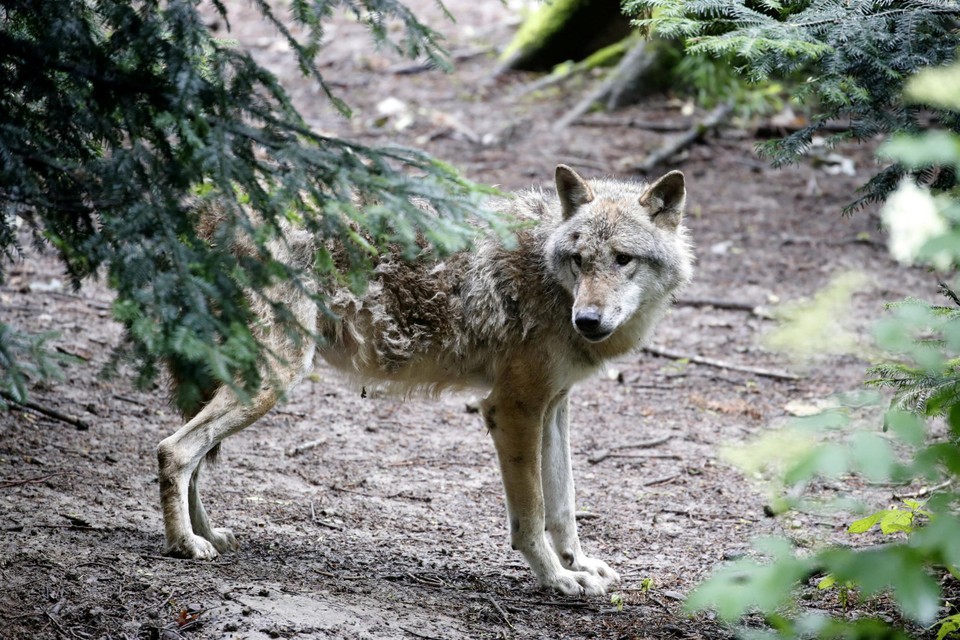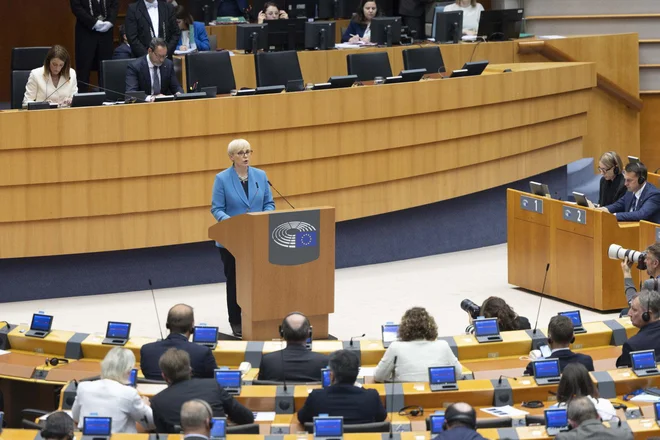Relaxation of protection status wolf entered into force

© Reuters
The text that relaxes the protection status of the Wolf came into effect on Friday. The Council of Europe reports this. Three countries had lodged an objection, so the text does not apply to them.
Source: Belga
The permanent committee of the Bern Convention, which determines the protection of wild animal and plant species, agreed in December to a demand from the European Union to change the protection status of 'strictly protected animal species' in 'protected animal species'.
The EU member states had stepped to the Council of Europe on the proposal of the European Commission, which was encouraged by the local authorities in Europe. The EU cannot decide independently about the protection of wild animal species, but the issue is regulated by the Bern Convention, an initiative of the Council of Europe that has been arranging that maintenance since 1979.
The text would enter into force after three months, unless at least one third of the parties would object in the Convention. The Bern Treaty has 50 members, so that means that at least 17 of them should have resisted to block the text. In the end, only the Czech Republic, Monaco and the United Kingdom were opposed. For the other countries, the decision entered into force on 6 March.
Actively manage wolf populations
The European Commission proposed on Friday, as the next step, to adjust its Habitats Directive, to be the same as the Wolf status with that of the Bern Convention.
“In some countries, wolves have become a real danger, especially for the herd. Today we are appointing an adjustment of EU legislation that will help local authorities to actively manage the wolf populations and also to protect the diversity and means of subsistence in the countryside, « said European Commission President Ursula von der Leyen.
Between 2012 and 2023, the number of wolves that lives in Europe almost doubled, with an increase in the number of cattle killed by Wolven to 65,500 as a result, figures that circulated in European centers was shown at the end of last year.
The proposal must still be approved by the European Council (the Member States) and the European Parliament.







